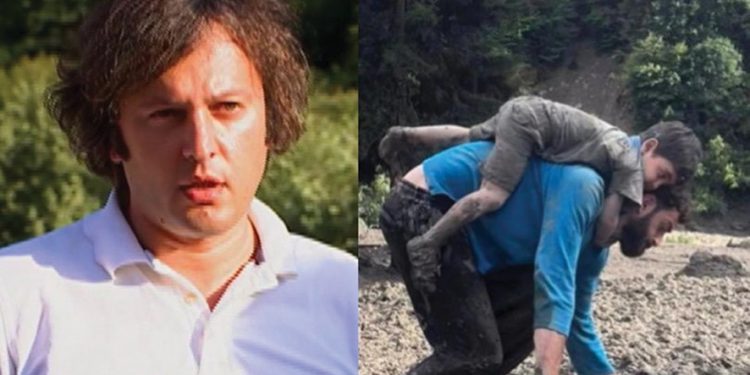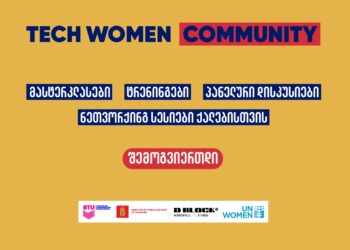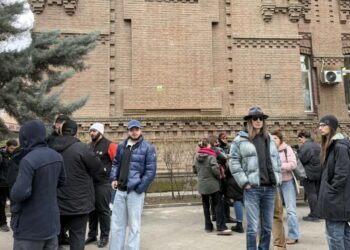In a devastating turn of events, the picturesque resort town of Shovi in Racha, Georgia, became the epicenter of a disaster that claimed the lives of numerous individuals, including children on August 3, when a massive landslide swept through the area, leaving behind a trail of destruction and heartbreak.
As the rescue and recovery efforts unfold, the true extent of the tragedy is becoming painfully clear. The latest reports confirm that the death toll has risen to 26, with an additional 7 individuals still missing. A total of 210 people were successfully evacuated from the disaster zone, a process that was fraught with challenges.
The disaster ignited a heated debate, not only about the circumstances surrounding the incident but also about the response and rescue operations that followed. The Ministry of Internal Affairs of Georgia has been at the forefront of these operations, coordinating search efforts both at the epicenter of the disaster and along the banks of the Rioni and Chanchakhi rivers.
One contentious point of discussion has been the utilization of helicopters and drones in the search and rescue operations. The Minister of Internal Affairs, Vakhtang Gomelauri, addressed the delayed arrival of helicopters this week, emphasizing the challenges posed by adverse weather conditions. Gomelauri explained that while the Ministry has acquired night flight capabilities, they prioritize pilot safety and do not undertake risky operations unless human life is genuinely threatened.
“The helicopters arrived [in Shovi] within about three hours – a helicopter is neither a bicycle nor a car to get in and rush out; it needs preparation – the weather was very bad, they were trying to circumvent the clouds for two hours to fly into the valley, they still managed to fly in, they worked, they managed to fly into the territory where there were 70 people, they took them to a safe place, on the other side, where our policemen were with food, it was a safe place, and then night fell,” Gomelauri said. “As there was a danger and we didn’t want to risk flying, we took the rest of the survivors out the following day.
“As for why they didn’t fly at night, I have explained this a hundred times. Those who know about aviation understand very well. Yes, we have night flight facilities, we have purchased them, we can fly, but if there is a very high risk, and unless human life is really threatened at that moment, it is not appropriate for our pilots to take risks. Further, it is not allowed, nor possible. We can get people out in three hours in the morning and not risking crashing the helicopter or the death of the pilots. There is a risk factor in the mountains. Helicopters can take off at night if the weather is good and an urgent need is there,” he added.
Gomelauri’s statements were met with skepticism and differing viewpoints. Irakli Kobakhidze, chairman of the Georgian Dream party, emphasized the swift and forceful nature of the disaster, asserting that those caught in the landslide had little chance of survival regardless of additional resources.

Further controversy arose when Kobakhidze questioned the veracity of survivor accounts. He specifically questioned the account of Davit Jeladze, who described his efforts to navigate through the devastation to reach safety with his nephew. Jeladze responded to Kobakhidze’s doubts by asserting the accuracy of his story and offering to provide evidence, including eyewitness accounts and video footage.
“I want to express my regret regarding the fact that I hurt Dato Jeladze’s feelings,” Kobakhidze said. “What he said, of course, is very regrettable, but I will repeat once again that we had a meeting, we had a conversation about everything, he explained his side, I responded. The main thing is that he came out of a very difficult situation, he survived, his nephew survived, his family survived, and of course, there is a lot of merit in this and the merit of the path he traveled with his nephew.”
The political landscape has also become a battleground in the wake of the Shovi tragedy. The opposition United National Movement (UNM) party called for the creation of a parliamentary investigative commission to thoroughly examine the disaster and its aftermath. However, the ruling Georgian Dream party rejected the proposal, claiming the ongoing investigation by the Prosecutor’s Office is enough and accusing the UNM of using the tragedy for political gain.
As the nation grapples with grief and the search for answers continues, the priority remains on finding the missing individuals and supporting the survivors. While debates and differences persist, the unity of the Georgian people in times of crisis underscores the shared humanity that transcends political divides.
This disaster serves as a somber reminder of the unpredictable forces of nature and the importance of comprehensive disaster preparedness and response strategies. As the nation mourns its losses and seeks to heal, the focus remains on honoring the memory of those lost and preventing future tragedies through lessons learned from this heart-wrenching event.
By Mariam Gorkhelashvili














